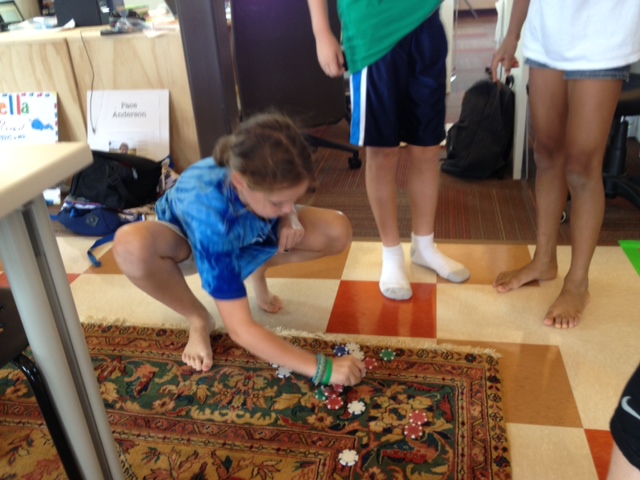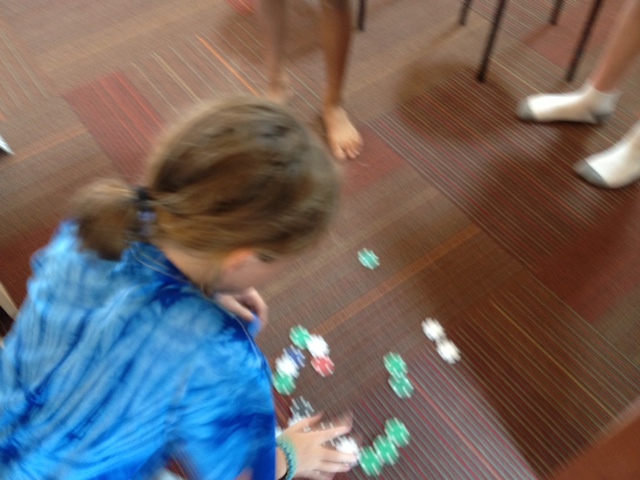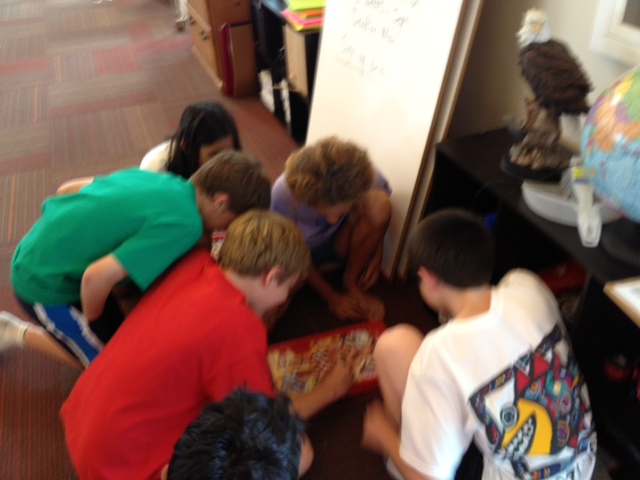Work hard. Play hard. What comes next?
Decisions. Or better put, decision strategies.
Having a toolkit of decision strategies – different recipes for solving unstructured problems in different ways — is similar to a carpenter having a hammer, a screwdriver and a saw.
If all you have is a hammer, the whole world looks like a nail. If you have different decision making tools, it increases your chances of solving a difficult problem. And it widens your perspective, so you see more of the world that’s in front of you.
Examples?
Seeing how many “big rocks,” ping pong balls, sand and water you can fit into a container delivers lessons about limits, time, scheduling and the need to decide whether a problem is urgent, important or neither.
Playing a game where you have a limited time to scoop up low and high dollar poker chips from piles located around the room gives you a visceral sense of the 80/20 Pareto rule, and the need for busy entrepreneurs to “focus and shift.”
A challenge that simulates defusing a bomb teaches that some tasks must be done exactly right, requiring an entirely different approach to these types of problems.
Core skills like reading, writing and arithmetic. Fundamental. That’s why Eagles spent three hours this morning in Core Skills “flow.” But in the 21st Century, having a toolkit of decision making skills is every bit as important as mastering Core Skills for heroes who expect to change the world.



